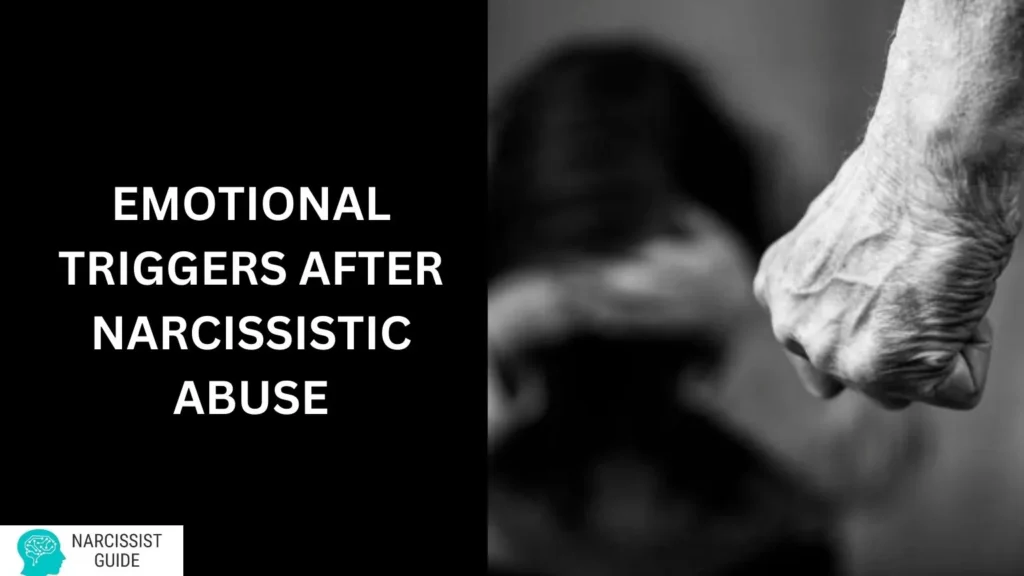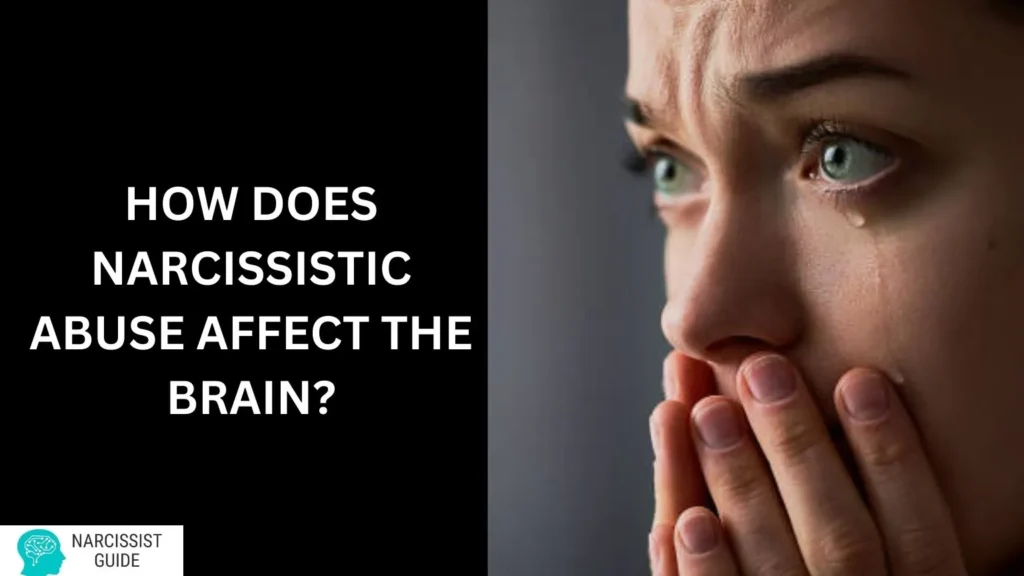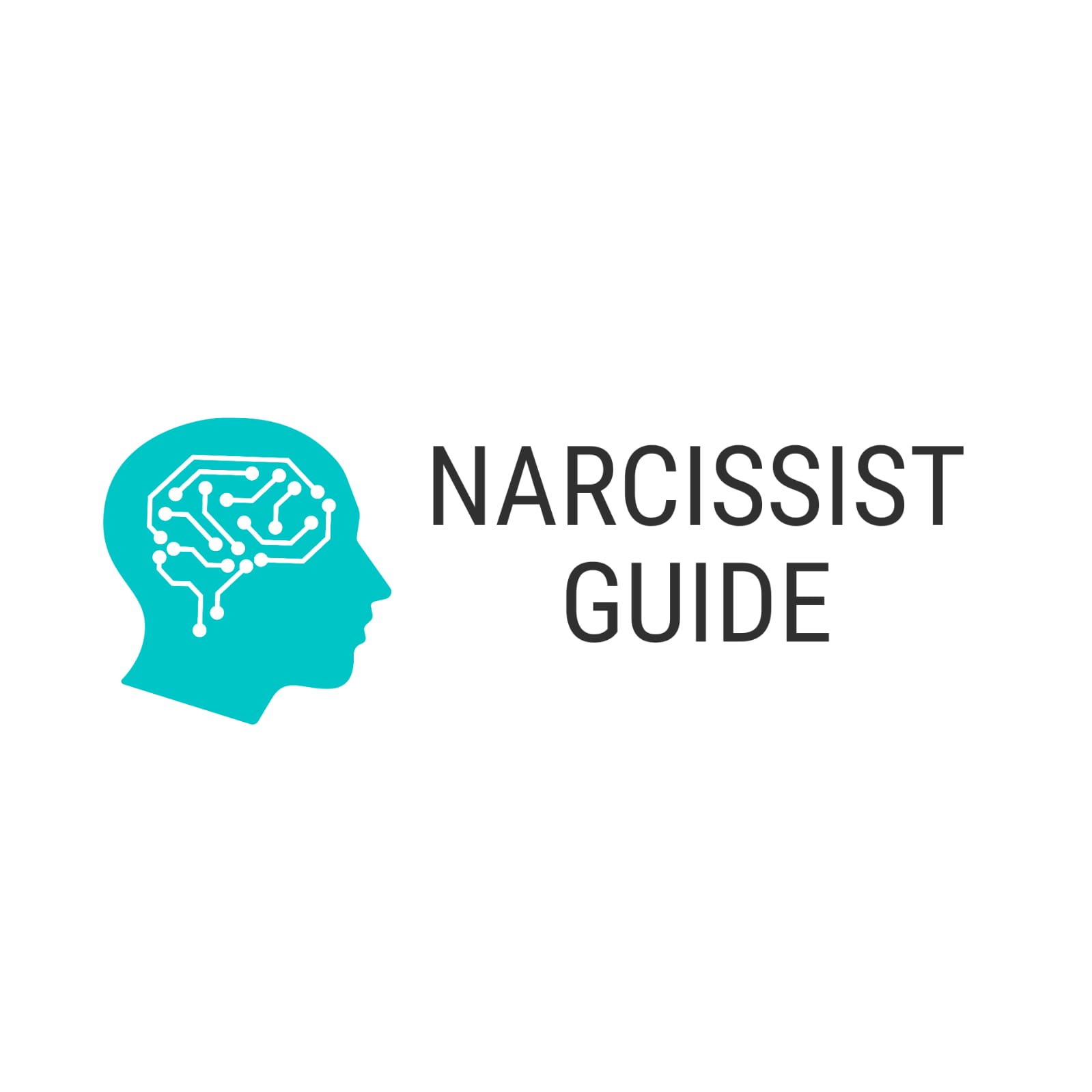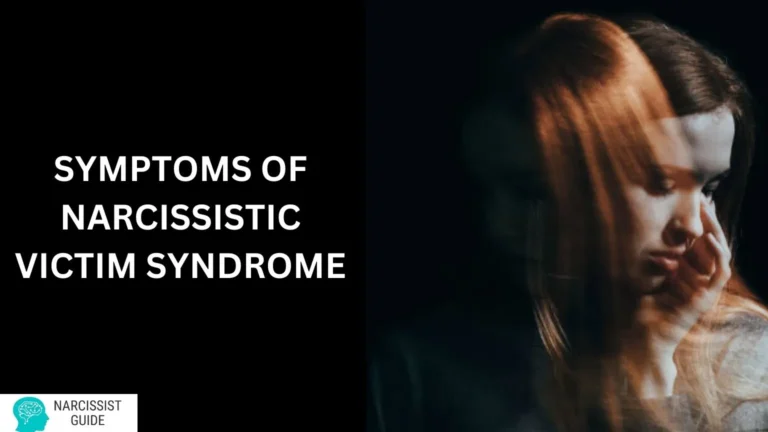Emotional Triggers After Narcissistic Abuse: Healing Tips
Narcissistic abuse leaves deep emotional scars, and even after the relationship ends, the wounds can persist. Victims often experience emotional triggers that can evoke painful memories or intense reactions.
Understanding these emotional triggers after narcissistic abuse is essential for healing and regaining control over your mental well-being.

What Are Emotional Triggers?
Emotional triggers refer to events, situations, or even specific words that evoke a strong emotional reaction, usually because they remind you of past trauma. After narcissistic abuse, triggers can be particularly intense due to the manipulation and emotional turmoil endured.
Common Emotional Triggers After Narcissistic Abuse
Victims of narcissistic abuse might find themselves reacting emotionally to things that wouldn’t normally affect them. These responses are often linked to the abuse they experienced. Here are some of the most common emotional triggers:
1. Criticism or Judgment
One of the key tactics used by narcissists is harsh, unwarranted criticism. After leaving such an abusive relationship, even mild criticism from others can feel like a personal attack, bringing up memories of past emotional manipulation.
2. Lack of Validation
Narcissists often invalidate their partner’s feelings, making them doubt their own reality. If you’ve experienced this, you may be triggered by situations where your emotions or thoughts aren’t validated, causing you to feel unworthy or invisible.
3. Silent Treatment
Narcissists frequently use the silent treatment as a form of control and punishment. Being ignored or ghosted, even by someone unrelated to the abusive relationship, can trigger intense feelings of rejection and emotional pain.
4. Arguments or Conflict
Since narcissistic relationships are often full of conflicts, even witnessing a simple argument can trigger feelings of anxiety and fear. You might immediately go into defense mode, even when the situation doesn’t involve you.
5. Guilt and Shame
Narcissists are skilled at making their victims feel guilty or ashamed, even when they’ve done nothing wrong. Hearing phrases that mirror those used by the narcissist can easily evoke feelings of guilt or shame, triggering memories of emotional abuse.
How does Narcissistic Abuse Affect the Brain?

Emotional triggers after narcissistic abuse are deeply rooted in the brain’s trauma response. The long-term manipulation and gaslighting lead to changes in brain chemistry. Here’s how:
The Trauma Bond
A trauma bond occurs when a victim feels emotionally connected to their abuser. This bond can make it difficult to leave the relationship or fully heal after it ends. Emotional triggers are a byproduct of this trauma bond, resurfacing whenever something reminds the victim of their abuser.
Hypervigilance
After enduring narcissistic abuse, victims often become hypervigilant, constantly on alert for danger or manipulation. This heightened sense of awareness can lead to emotional exhaustion, especially when everyday situations trigger this defense mechanism.
Emotional Flashbacks
Emotional triggers can cause flashbacks, where the victim feels as though they’re reliving the abusive experience. These flashbacks can be overwhelming and cause the same level of distress as the original trauma.
Healing From Emotional Triggers After Narcissistic Abuse
Recovering from the emotional triggers left by narcissistic abuse is a gradual process. It’s essential to approach healing with patience and self-compassion.
1. Acknowledge Your Triggers
The first step to healing is recognizing your emotional triggers. Pay attention to what causes you emotional distress and take note of the patterns. Whether it’s a person, place, or certain words, acknowledging your triggers allows you to take proactive steps to manage them.
2. Practice Mindfulness
Mindfulness techniques can help you remain grounded when an emotional trigger arises. Deep breathing, meditation, and grounding exercises can prevent a triggered emotional response from overwhelming you.
3. Seek Professional Support
Working with a therapist, particularly one specializing in trauma and narcissistic abuse recovery, can provide valuable tools for coping with emotional triggers. Cognitive Behavioral Therapy (CBT) and EMDR (Eye Movement Desensitization and Reprocessing) are commonly recommended to process trauma effectively.
4. Build Healthy Boundaries
Establishing clear boundaries in all relationships is crucial. Learning to say “no” and distancing yourself from toxic individuals can reduce the chances of encountering emotional triggers in the future.
5. Surround Yourself with Supportive People
Isolation often accompanies narcissistic abuse, but connecting with people who validate your emotions and offer genuine support is a critical part of recovery. Support groups, both in-person and online, can also provide a safe space to share experiences and coping strategies.
Why It’s Important to Address Emotional Triggers After Narcissistic Abuse

Ignoring emotional triggers can lead to prolonged emotional distress, affecting your overall well-being. If left unaddressed, these triggers can lead to anxiety, depression, and even post-traumatic stress disorder (PTSD). By acknowledging and working through these triggers, you empower yourself to move forward and heal.
The Role of Self-Compassion in Recovery
Healing from narcissistic abuse isn’t a linear process, and setbacks are natural. Practicing self-compassion is essential. Recognize that your emotional triggers are not signs of weakness but rather indicators of the trauma you’ve endured. Treat yourself with the kindness and patience you deserve during this journey.
Rebuilding Confidence and Self-Worth
Narcissistic abuse often leaves victims feeling unworthy or inadequate. As you heal from emotional triggers, rebuilding your confidence and self-worth is vital. Engaging in activities that bring you joy, setting personal goals, and celebrating small victories can help restore your sense of self.
People also ask
What are the trauma responses after narcissistic abuse?
Here are the key trauma responses after narcissistic abuse:
Hypervigilance: Being constantly alert for threats or manipulation.
Emotional Numbness: Feeling detached from emotions and relationships.
Flashbacks: Reliving traumatic memories triggered by reminders.
Low Self-Esteem: Feeling worthless or inadequate.
Trust Issues: Difficulty trusting others or forming new relationships.
Guilt and Shame: Internalizing blame for the abuse.
Avoidance: Steering clear of reminders of the abuse, leading to isolation.
What are the aftermath symptoms of narcissistic abuse?
The aftermath symptoms of narcissistic abuse can include:
Anxiety: Persistent feelings of worry and tension.
Depression: Low mood, hopelessness, and loss of interest in activities.
Low Self-Esteem: Doubts about self-worth and capabilities.
Isolation: Withdrawing from friends, family, and social situations.
Trust Issues: Difficulty trusting others or forming new relationships.
Emotional Instability: Mood swings and heightened emotional responses.
PTSD Symptoms: Flashbacks, nightmares, and intrusive thoughts related to the abuse.
Physical Symptoms: Stress-related issues like headaches, fatigue, or gastrointestinal problems.
What are the symptoms of complex PTSD after narcissistic abuse?
Symptoms of complex PTSD (C-PTSD) after narcissistic abuse can include:
Emotional Dysregulation: Difficulty managing emotions, leading to extreme mood swings or intense feelings.
Intrusive Memories: Flashbacks or unwanted memories of the traumatic experiences.
Negative Self-Perception: Persistent feelings of worthlessness, shame, or guilt.
Difficulty Trusting: Challenges in forming or maintaining relationships due to trust issues.
Chronic Anger or Irritability: Frequent feelings of anger or frustration.
Dissociation: Feeling detached from oneself or reality, often as a coping mechanism.
Avoidance: Steering clear of reminders of the trauma, including people or places.
Physical Symptoms: Stress-related health issues, such as headaches, fatigue, or gastrointestinal problems.
Final Thoughts
Emotional Triggers After Narcissistic Abuse, Recovering from the emotional triggers left by narcissistic abuse is a journey that requires time, patience, and self-care.
By understanding the triggers, seeking support, and practicing mindfulness, you can begin to heal and take back control of your life.
Remember, healing is possible, and with each step forward, you move closer to regaining your emotional freedom.

I’m Dr. James, and I’m glad you’re here. With years of experience in understanding and addressing the complexities of narcissistic behavior, I’ve dedicated my career to helping individuals navigate the challenging dynamics that come with narcissism, whether it’s in personal relationships, workplaces, or family settings.






